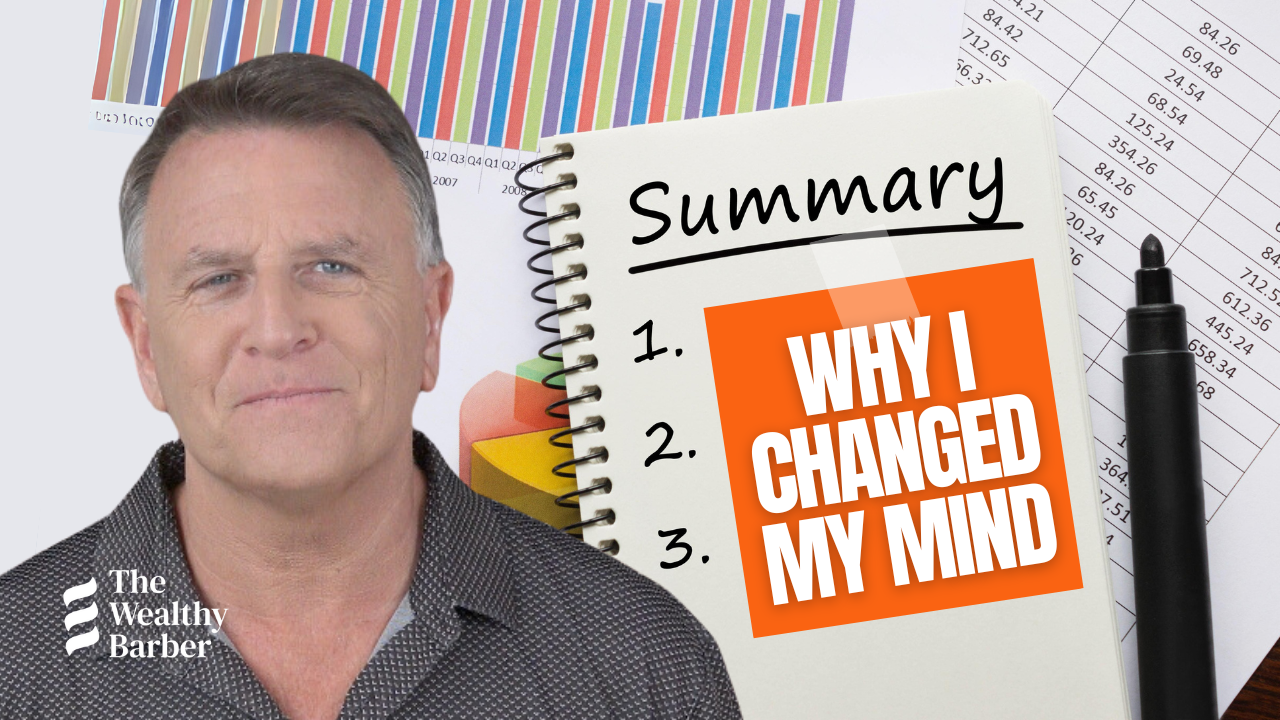What The Experts Get Wrong About Spending
I’ve seen hundreds (and hundreds!) of people dramatically increase their monthly savings once they understand this magical math around spending. Dave Chilton, The Wealthy Barber and former Dragon on CBC’s Dragons’ Den, talks about a key spending insight that most people, including many sharp people, just don’t get.
💈💈💈
Hey, saving money is hard and young adults aren’t wrong when they say it’s even harder now than it was in their parents’ day. Inflation has been high the last several years, decreasing discretionary income. Interest rates are up, from all time lows admittedly, but up nevertheless. And of course the biggie—housing costs and rent.. well, enough said there. As people in their 20s, 30s and 40s struggle to save for their futures, “experts” are weighing in with comments like, “You won’t get where you need to go by cutting back on the avocado toast.” Over and over, I hear, “Scaling back some of the little things isn’t going to be a true difference maker.”
“A few dollars here, and a few dollars there and suddenly you’re talking sixteen dollars in savings. Whoopee!” Bull. That’s all so wrong. So dangerously wrong. How do I know? What makes me so sure that I’m right and that’s off? Because I’ve seen hundreds and hundreds and hundreds of people dramatically increase their monthly savings by “watching their nickels and dimes.”
This is real-life tested and has passed. You know a lot of this bad advice stems from people not having a great understanding of a basic but key formula borrowed from macroeconomics. DY = C+S. Disposable Income equals Consumption plus Savings. In other words, for every after-tax dollar we receive, we can either spend it or save it.
Guess the option we tend to love and choose most. But that’s fine. Of course, you’re going to spend most of your income. You have to have shelter, transportation, food and fun. But you do need to save something to fund your future financial goals… like retirement. Well, here’s the key that most people including many sharp people just don’t get.
A small change, a very small change to your spending rate can alter your savings rate dramatically.
Quick example: Aidan here has an after-tax income of say $5,000 per month. Right now he’s saving $250 a month or 5%. He wants to jump to $750 a month, 15%. “Impossible leap,” he feels. “No way I can raise my savings rate by 200%. That’s crazy. Save three times as much? No chance.” Fine. But can you cut your spending rate by a mere 10.5%? That’s only $16 and change a day. “Yes, I think I could do that.” Well, it’s the same thing. A 10.5% cutback in his spending is $500 less spent a month, and that takes his savings rate from $250 to $750. Voila—there’s our 200% bump. Now, how does he save the $16 and change a day? You’ve got it—he watches the little things.
No more lunches out. One fewer beers on weekends. No dumb $10 bets on the Leafs. It can be done. Ben Franklin, a great financial educator, once said, “Beware of little expenses. The small leak will sink a great ship.” The way for you to do this is quite simple: track every dollar you spend for a month. Every expense. Boring, but do it.
That’s all you have to do. You’ll figure it out from there. You’ll make some changes. Often you won’t even notice a difference. I promise. Well, except you’ll be happier because your financial future looks brighter! Mo, am I right here? Did you not do this after reading “The Wealthy Barber Returns”?
Yes. You did, and it worked very well.
You owe me and should be paying me to work here. And Mo, have we seriously not had hundreds of people share these types of stories with us over the years? Absolutely. The proof is in the pudding. By the way, do you know what that expression means? You must have direct experience with something to judge its value.
So do it—track your expenses.
Hey, hit the subscribe button here and the like button, even if you didn’t like it.
Feel Confident About Your Finances
Sign up for our Weekly Round-Up of new videos and podcasts released over the past seven days. We won’t spam you or try to sell you a course—promise!



